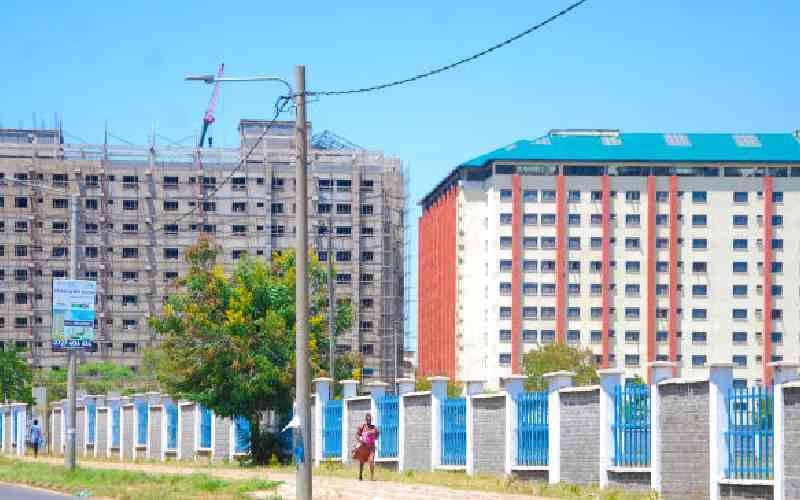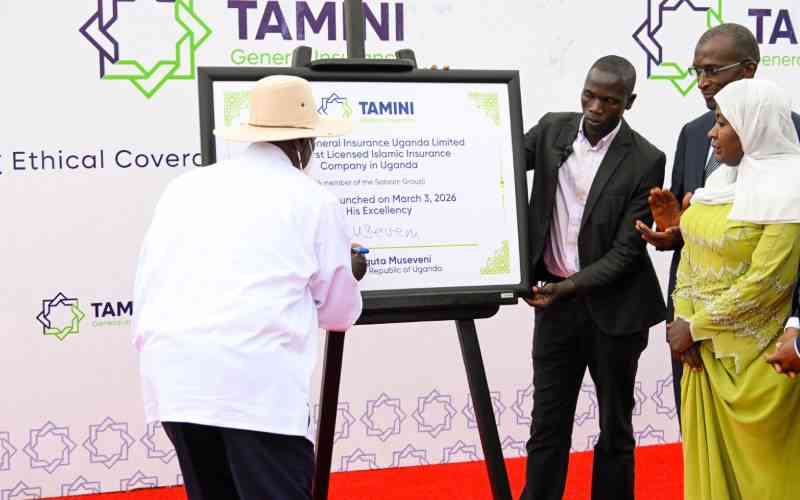×
The Standard e-Paper
Smart Minds Choose Us

In March 2022, two lawmakers in the US introduced legislation that would require any person purchasing property in New York through a limited liability company (LLC) to "disclose their identity to the state and include the information in their tax returns", according to the International Consortium of Investigative Journalists (ICIJ).
This was to combat hideous land transactions, tax avoidance and money laundering.







